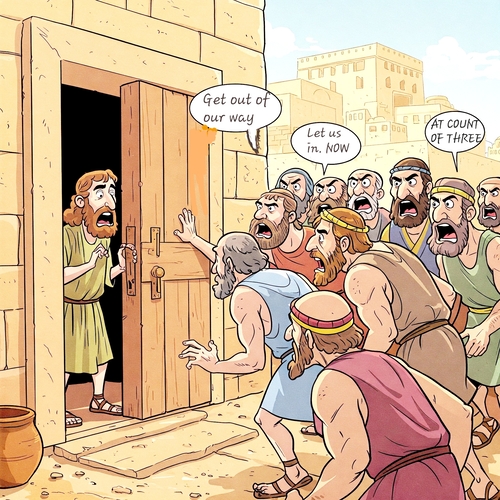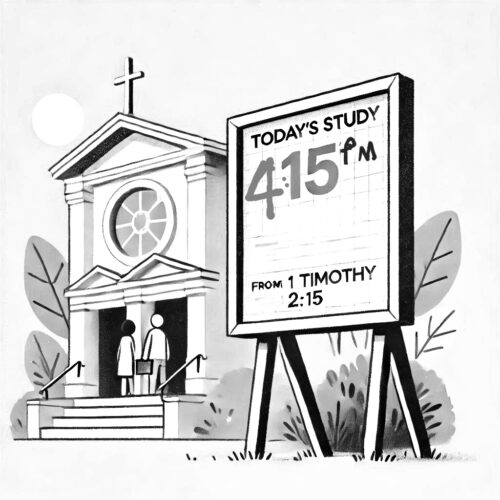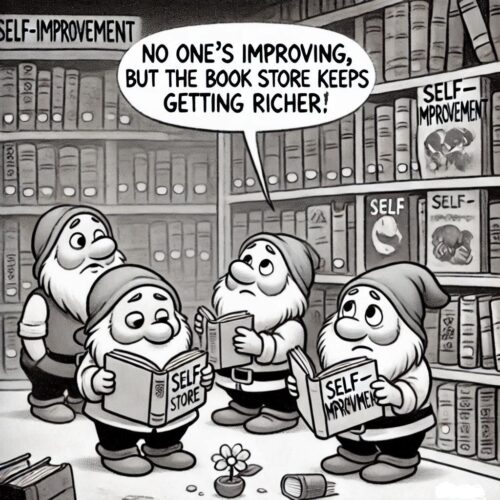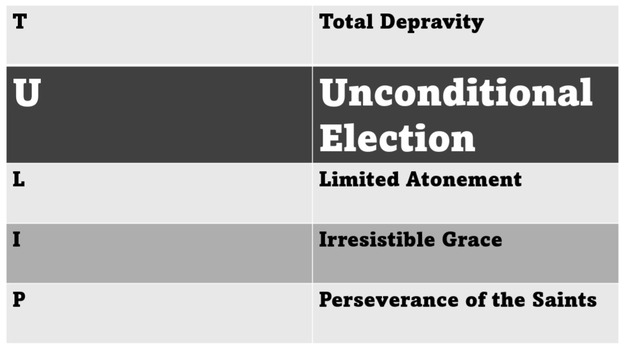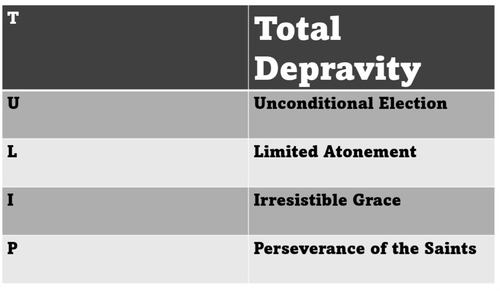Genesis 19: How Is Lot Righteous Despite His Moral Failures?
For sure, the account of Lot in Genesis 19 poses one of Scripture’s most difficult moral dilemmas. The apostle Peter calls this man “righteous” though he offered his own daughters to a violent mob. How do we possibly reconcile the two accounts? How we answer this question will depend on how we understand righteousness, sin, and salvation.
THE DISTURBING ACCOUNT
The story is undeniably troubling. When two angels visit Sodom, Lot insists they stay in his home. Before the night ends, men from across the city surround Lot’s home, demanding he send out his guests so they “may know them”—unmistakably intending sexual assault. Lot’s response is shocking (Genesis 19:8)
The offer is morally indefensible by any standard—biblical, historical, or contemporary. No cultural context can justify a father offering his daughters to sexual violence. And yet, the New Testament explicitly calls the same man “righteous” (2 Peter 2:7-8).
TOTAL DEPRAVITY: UNDERSTANDING HUMAN NATURE
To grasp this tension, we must begin with the Reformed doctrine of total depravity. Scripture teaches “all have sinned and fall short of the glory of God” (Romans 3:23) and “there is none righteous, no, not one” (Romans 3:10). Every human being—including those called “righteous” in Scripture—is thoroughly corrupted by sin.
This doesn’t mean people are as evil as they could possibly be. Rather, it means that sin affects every aspect of our nature—our thinking, feeling, willing, and doing. Even those who follow God remain capable of grievous moral failure.
This reality is displayed repeatedly in Scripture. Abraham, the father of faith, lied about his wife’s identity, endangering her. Moses, who spoke with God face to face, struck the rock in anger. David, the man after God’s own heart, committed adultery and murder.
Lot stands in this tragic company—a man declared righteous who nevertheless committed an appalling sin.
IMPUTED RIGHTEOUSNESS: THE TRUE FOUNDATION
If righteousness depended on moral perfection, no one would qualify—not Abraham, Moses, David, or Lot. And certainly not us.
This brings us to the heart of Reformed theology: righteousness is imputed, not earned. When Scripture calls Lot “righteous,” it speaks not of his moral perfection but his standing before God through faith. As Paul writes “For our sake he made him to be sin who knew no sin, so that in him we might become the righteousness of God.” (2 Corinthians 5:21)
And again: “To the one who does not work but believes in him who justifies the ungodly, his faith is counted as righteousness.” (Romans 4:5)
Lot’s righteousness—like ours—was never based on his moral achievements or personal holiness. It was grounded in God’s gracious declaration, received through faith. This is the scandalous beauty of the gospel: God justifies the ungodly.
GOD’S GRACE AMID HUMAN FAILURE
The narrative’s true focus isn’t Lot’s righteousness but God’s mercy. Despite Lot’s moral failure, God rescued him—not because Lot deserved salvation, but because God is gracious.
The angels physically dragged Lot’s family from the city when they hesitated to flee (Genesis 19:16): “the LORD being merciful to him.” This is the essence of salvation—God’s mercy toward those who don’t deserve it.
In this light, Lot’s story isn’t a contradiction but a powerful illustration of salvation by grace alone. God didn’t save Lot because he was morally exemplary; God declared Lot righteous and saved him despite his profound moral failures.
RIGHTEOUSNESS IN CHRIST ALONE
This understanding transforms how we read both difficult Bible passages and our own lives. Consider these implications:
- No Self-Righteousness: If a “righteous” biblical figure could fail so dramatically, we should abandon all pretence of moral superiority.
- No Despair in Failure: Our standing before God isn’t based on our moral performance but on Christ’s perfect righteousness credited to our account.
- True Sanctification: While still capable of sin, Scripture shows that Lot was genuinely distressed by Sodom’s wickedness (2 Peter 2:7-8). True righteousness produces hatred of sin, even when we ourselves fall short.
- God’s Preserving Grace: The same God who rescued Lot despite his failures continues to preserve his people today, not because of our righteousness but because of his faithfulness.
CONCLUSION: HOW IS LOT RIGHTEOUS?
Lot’s troubling story ultimately points us to the gospel. It reveals both the depth of human sin and the greater depth of divine grace. It shows us righteousness comes not through moral perfection but through faith in the God who justifies the ungodly.
This is the heart of Reformed theology—salvation by grace alone, through faith alone, in Christ alone. Lot’s story, with all its moral complexity, testifies to this truth: God saves sinners not because they are good, but because He is.
HOW IS LOT RIGHTEOUS? RELATED FAQs
How does understanding imputed righteousness change how we view troubling accounts of “righteous” people in Scripture? Imputed righteousness helps us see the biblical figures were declared righteous by faith, not because of moral perfection. This resolves the tension when we encounter their sins and failures, showing that God’s grace has always been the basis for salvation. It also reminds us Scripture honestly portrays human sin rather than whitewashing its heroes. This actually strengthens its credibility.
- In what ways can cultural values potentially compromise our own biblical ethics? Just as Lot absorbed influences from Sodom, we might unconsciously adopt values from our surrounding culture that can distort our moral reasoning. We might prioritise comfort, individual autonomy, or social acceptance over biblical principles without even recognising the compromise. The constant immersion in media, entertainment, and social environments that oppose God’s standards gradually normalises sin in ways we don’t immediately detect.
- How does Lot’s rescue—being physically dragged from the city by angels—parallel God’s saving work in our own lives? Lot’s physical rescue vividly illustrates the Reformed doctrine of irresistible grace, where God takes the initiative in salvation despite our hesitation or resistance. The angels’ forceful intervention when Lot lingered mirrors how God often must overcome our attachments to destructive patterns and environments. This account reminds us that salvation is ultimately God’s work on our behalf, not the result of our own decisive action or moral qualifications.
How might Lot’s story help us respond to both our own moral failures and those of fellow believers? Lot’s story cultivates both humility regarding our own potential for failure and compassion toward others who stumble. It teaches us to hate sin while recognising even mature believers remain capable of serious moral failures when under pressure or influence. This perspective fosters a community of grace where we can honestly confess sin without pretence while still affirming God’s transforming work in each other’s lives.
- How must we respond when people of faith and stature seem to fall? When spiritual leaders or mature believers fall into sin, we must avoid both naive denial and cynical rejection of their entire ministry. We can acknowledge the genuine work of God’s grace in their lives while honestly confronting the reality and consequences of sin. Their failures should prompt self-examination rather than self-righteousness, reminding us we stand only by grace and must remain vigilant about our own spiritual vulnerabilities.
- Does calling Lot “righteous” minimise the seriousness of his sin? Not at all—Scripture never excuses or justifies Lot’s terrible proposal to sacrifice his daughters. His righteousness stems from his faith and declared status before God, not his moral perfection. The biblical account honestly portrays both his righteous standing and his grievous moral failure, teaching us justification (our legal standing) and sanctification (our moral progress) are distinct though related realities. This distinction preserves both the seriousness of sin and the security of salvation.
What does Lot’s story teach us about God’s sovereignty in salvation? Lot’s rescue from Sodom powerfully demonstrates that salvation depends on God’s sovereign choice and action, not human merit. Despite Lot’s moral compromises and lingering attachment to Sodom, God graciously delivered him—literally dragging him to safety. This reflects the Reformed understanding that election and salvation flow from God’s mercy rather than human deserving, offering profound comfort that our eternal security rests on God’s faithfulness rather than our own.
HOW IS LOT RIGHTEOUS? OUR RELATED POSTS
Editor’s Pick

The Empty Tomb: Did the Disciples Steal Jesus’ Body?
*Editor’s Note: This post is part of our series, 'Satan’s Lies: Common Deceptions in the Church Today’… DID THE DISCIPLES [...]
‘Saved Through Childbearing’: What Does 1 Timothy 2:15 Mean?
Ancient Ephesus, with its temple to Artemis and its deeply entrenched pagan beliefs about childbearing and feminine power, provides the [...]
Why Can’t There Be Forgiveness Without the “Shedding of Blood”?
Hebrews 9:22 Explained The question haunts the modern mind: why would a loving God require blood for forgiveness? In ancient [...]
Praying in the Spirit: How the Holy Ghost Empowers Our Prayer Life
Ever sat down to pray and felt like you're just talking to the ceiling? If you're not a believer in [...]

Which Saves the Believer: Christ’s Life, Death, or Both?
Which Saves: Christ’s Life, Death or Both? Throughout church history, Christians have pondered the relationship between Christ's perfect life and [...]
Is Faith a Gift or a Response? Biblical Answers to Faith’s Origin
Is Faith a Gift or a Response? Why do some people believe in God while others don't? Why does the [...]
Near Yet Far: How Can God Be Both Transcendent and Immanent?
God Is Both Transcendent and Immanent: The burning bush encounter in Exodus 3 provides a striking picture of God's dual [...]
Living Waters and Jesus: What’s The Connection?
The theme of living waters threads through Scripture like a life-giving stream, carrying profound spiritual significance that speaks to the [...]
What Does It Mean to Quench the Spirit? What the Bible Teaches
"Do not quench the Spirit" (1 Thessalonians 5:19). This brief yet profound command from Scripture carries deep implications for every [...]
The Gospel of Self-Improvement: Is It Just a Pack of Lies?
*Editor’s Note: This post is part of our series, 'Satan’s Lies: Common Deceptions in the Church Today’… In a world [...]

